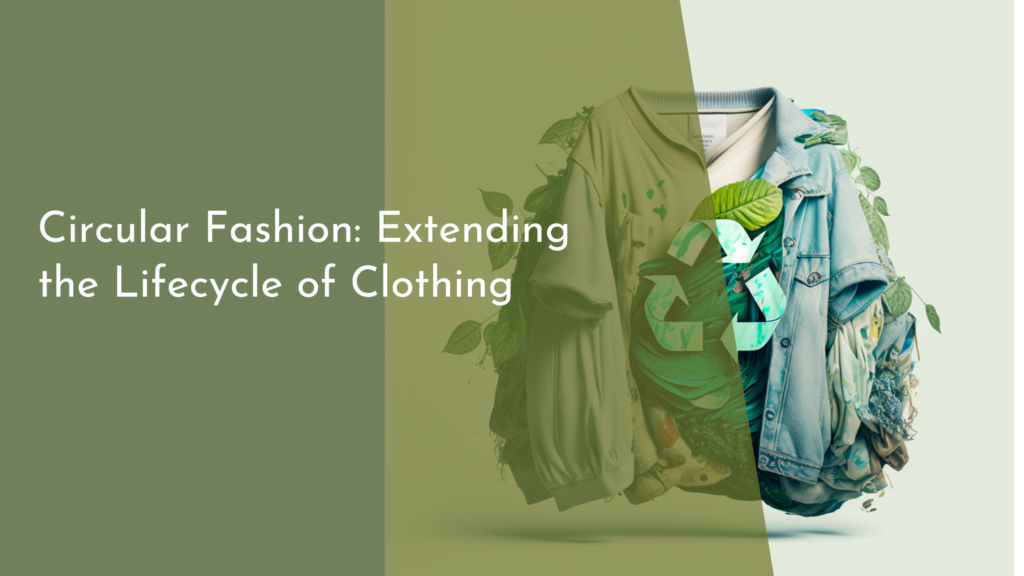Top Ethical Brands Making a Difference in 2024
In recent years, the rise of ethical consumerism has reshaped the business landscape, with brands increasingly aligning their practices with values that prioritize environmental stewardship, social responsibility, and transparency. As we journey into 2024, this commitment to ethical principles continues to gain momentum, influencing buying decisions and shaping market trends. This article delves into the top ethical brands that are making waves this year, highlighting their commitment to creating a positive impact on both people and the planet. From sustainability champions to innovative thinkers, these brands are leading the charge toward a more ethical future.
Introduction to Ethical Consumerism in 2024
Ethical consumerism has evolved from a niche market to a mainstream movement, driven by a growing recognition of the interconnectedness of global economies, societies, and ecosystems. In 2024, consumers are more informed and conscious than ever, seeking out brands that not only deliver quality products and services but also adhere to ethical practices. This shift is a testament to the increasing demand for transparency and accountability in how businesses operate, affecting everything from sourcing materials to employee welfare and environmental impact.
The movement toward ethical consumerism is not just a trend; it is rapidly becoming an essential factor in business strategies. Companies are recognizing that to remain competitive, they must align with values that resonate with their customers’ ethical priorities. This alignment not only drives brand loyalty but also fosters a sense of community among conscious consumers who are eager to support businesses that share their vision for a sustainable future. As ethical consumerism continues to flourish, it sets a new standard for how success is measured in the business world.
Leading Brands Championing Sustainability
Patagonia remains at the forefront of sustainable practices, continuing its legacy of environmental activism in 2024. The brand’s commitment to reducing its carbon footprint is evident through its innovative use of recycled materials and investments in renewable energy projects. This year, Patagonia has expanded its take-back program, encouraging customers to return used clothing for recycling or repair, thus promoting a circular economy model that minimizes waste.
Another brand making significant strides in sustainability is Allbirds, renowned for its eco-friendly footwear. In 2024, Allbirds is furthering its mission by developing new sustainable materials, including carbon-negative foam and plant-based leather alternatives. The brand’s transparency about its carbon footprint and dedication to reducing emissions exemplifies how businesses can successfully integrate sustainability into their core operations, inspiring others in the industry to follow suit.
Innovations Driving Ethical Branding Forward
Technology and innovation are playing pivotal roles in advancing ethical branding, with new tools and processes enabling businesses to enhance transparency and accountability. Blockchain technology, for instance, is being utilized by brands to provide an immutable record of supply chains, ensuring that consumers have access to verifiable information about product origins and production practices. This technological advancement empowers consumers to make informed decisions based on reliable data.
Another innovation propelling ethical branding is the rise of regenerative agriculture. Companies like Dr. Bronner’s are investing in regenerative farming practices that enhance biodiversity, improve soil health, and sequester carbon. By prioritizing these methods, brands not only contribute to environmental restoration but also support local farming communities, thus reinforcing a holistic approach to sustainability that benefits both nature and society.
How Ethical Choices Impact Global Communities
Ethical business practices extend beyond environmental considerations, significantly impacting global communities by promoting fair trade, ensuring decent working conditions, and supporting local economies. Brands like Fairphone are revolutionizing the electronics industry by prioritizing ethical sourcing and production. By ensuring that their supply chain is free from conflict minerals and that workers are paid fair wages, Fairphone sets an example of how ethical choices can lead to positive social outcomes.
Furthermore, ethical choices made by brands often translate into social initiatives that uplift underserved communities. TOMS, with its commitment to social responsibility, continues to provide shoes, sight, water, and other essentials to those in need through its giving programs. By integrating these philanthropic efforts into their business model, ethical brands demonstrate that profitability and social impact can go hand in hand, fostering a global movement that champions inclusivity and equality.
Conclusion: The Positive Shift Towards Ethics
The shift towards ethical consumerism marks a pivotal moment in the evolution of global markets, underscoring the importance of aligning business practices with values that prioritize sustainability, social responsibility, and transparency. As brands continue to innovate and lead by example, they inspire a ripple effect that encourages others to join the movement toward a more ethical future. The positive impact of these efforts is felt not only in environmental conservation but also in the empowerment of communities worldwide.
The rise of ethical brands in 2024 is a testament to the power of collective action and conscious consumerism. As more consumers and companies embrace ethical principles, the potential for transformative change grows, paving the way for a world where business success is measured not just by financial performance but by the positive impact it has on society and the planet. This ongoing journey toward ethics reaffirms the belief that, together, we can create a sustainable and equitable future for all.


